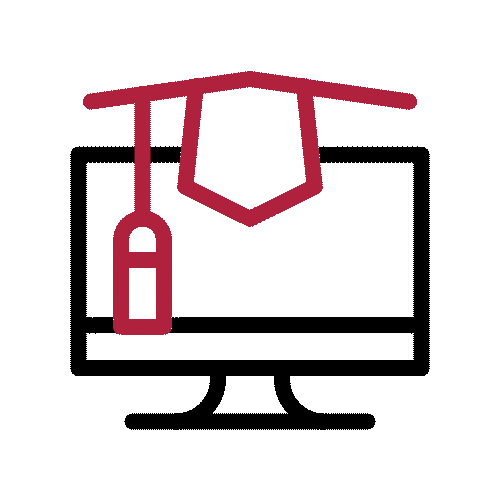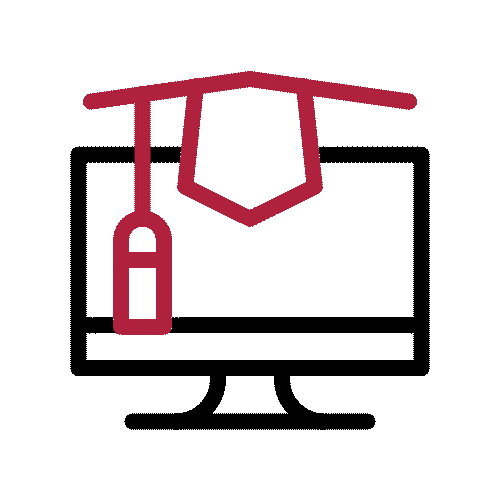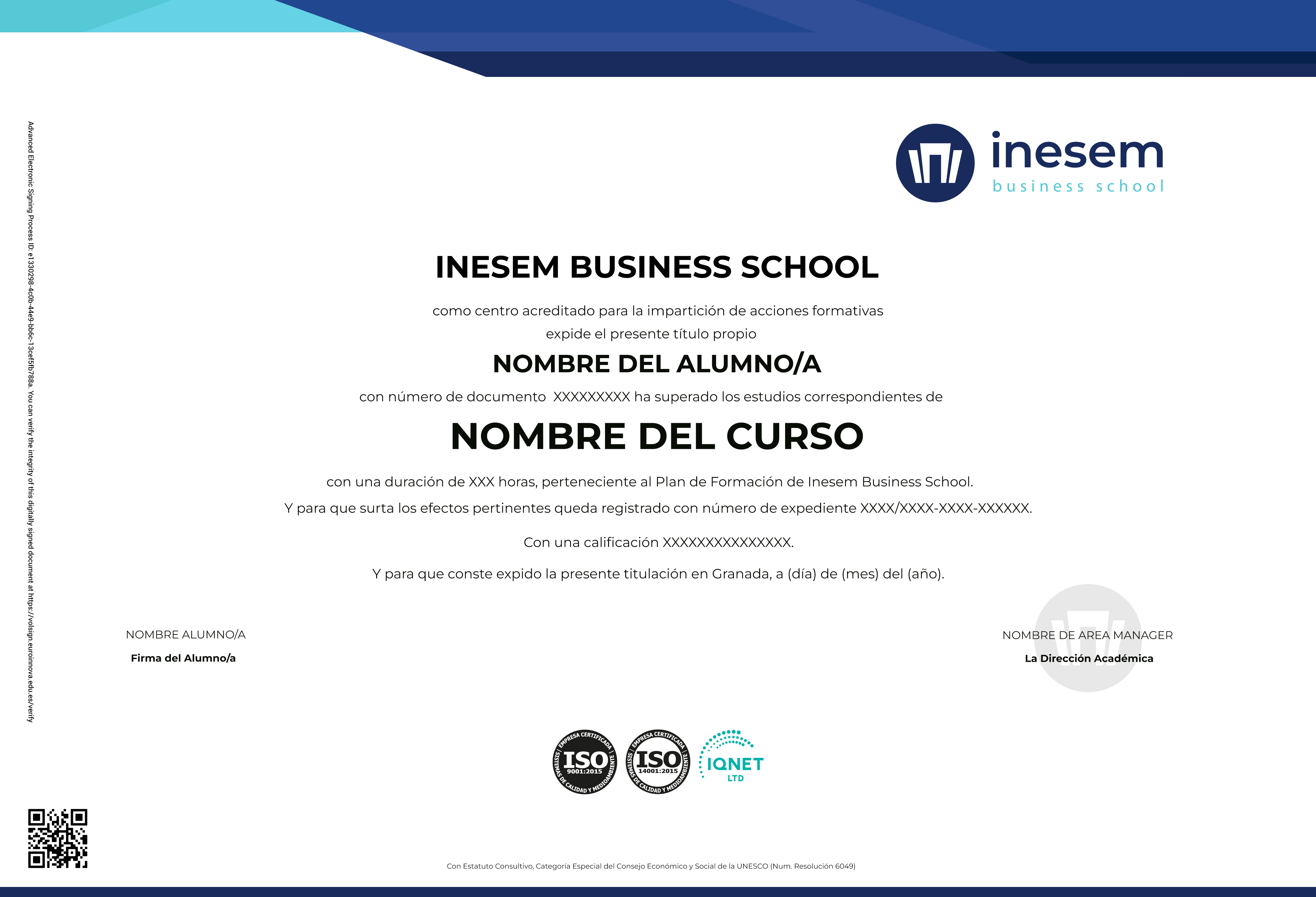Modalidad
Online
Duración - Créditos
200 horas
Becas y
Financiación
Plataforma Web
24 Horas
Centro Líder
formación online
Acompañamiento
Personalizado
Reconocidos por:

Acreditados como:
Temario
UNIT 1. INTRODUCTION TO TEACHING-LEARNING METHODOLOGIES
UNIT 2. COMPETENCY-BASED LEARNING
UNIT 3. COOPERATIVE LEARNING
UNIT 4. PROJECT-BASED LEARNING
UNIT 5. FLIPPED CLASSROOM
UNIT 6. GAMIFICATION
Plan de estudios








Titulación de course innovative teaching methodologies


Descubre todas nuestras becas personalizadas


¡Muchas gracias!
Hemos recibido correctamente tus datos. En breve nos pondremos en contacto contigo.




